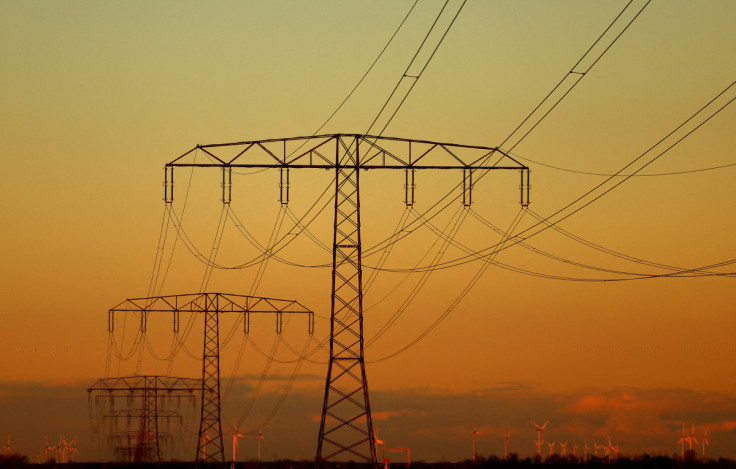Countries warn EU against 'crisis mode' overhaul of energy market
Denmark, Germany, the Netherlands, Estonia, Finland, Luxembourg and Latvia have warned Brussels not to rush into major changes to the European Union's electricity market in response to the energy crisis, calling instead for limited tweaks to the system.

Denmark, Germany, the Netherlands, Estonia, Finland, Luxembourg and Latvia have warned Brussels not to rush into major changes to the European Union's electricity market in response to the energy crisis, calling instead for limited tweaks to the system.
The European Commission is drafting a revamp of EU electricity market rules, with the aim of better cushioning consumer bills from fossil fuel price spikes and avoiding a repeat of the surge in electricity spices triggered last year by cuts to Russian gas supply.
The seven countries, led by Denmark, said in a letter that Europe's existing market design has fostered years of lower electricity prices, helped expand renewable energy, and ensured enough power was produced to meet demand and avoid shortages.
"We must resist the temptation to kill the golden goose, that our single market for electricity has been in the last decade," said Lars Aagaard, Denmark's energy minister.
The countries said there was some room for improvement, particularly in light of soaring power costs last year. But any changes must ensure the market still functions and incentivises massive investment in renewable energy, they said.
"Any reform going beyond targeted adjustments to the existing framework should be underpinned by an in-depth impact assessment and should not be adopted in crisis mode," said the letter to the Commission, which was seen by Reuters.
Other countries, including Spain and France, are seeking deeper reform. Spain has proposed a shift to more long-term, fixed-price contracts for power plants, to attempt to limit price spikes.
The seven countries said in their letter that schemes to do this - like contracts for difference (CfDs) - could play a role but they should be voluntary, focus on new renewable generation, and still "react" to the market.
Electricity industry lobbying group Eurelectric has also warned against making CfDs mandatory, which it says could undermine competition in the power market and deter investors.
In their letter, the seven countries backed an idea already mooted by the Commission to make it easier for consumers to choose between fluctuating and fixed-price power contracts.
But they pushed back on another Commission suggestion to extend a temporary EU measure which claws back windfall revenue from non-gas generators.
"That could compromise investors' confidence in the needed investments," the countries said in the letter, citing EU estimates that hundreds of billions of euros in renewable energy investments are needed annually to help countries quit Russian fossil fuels.
Copyright Thomson Reuters. All rights reserved.





